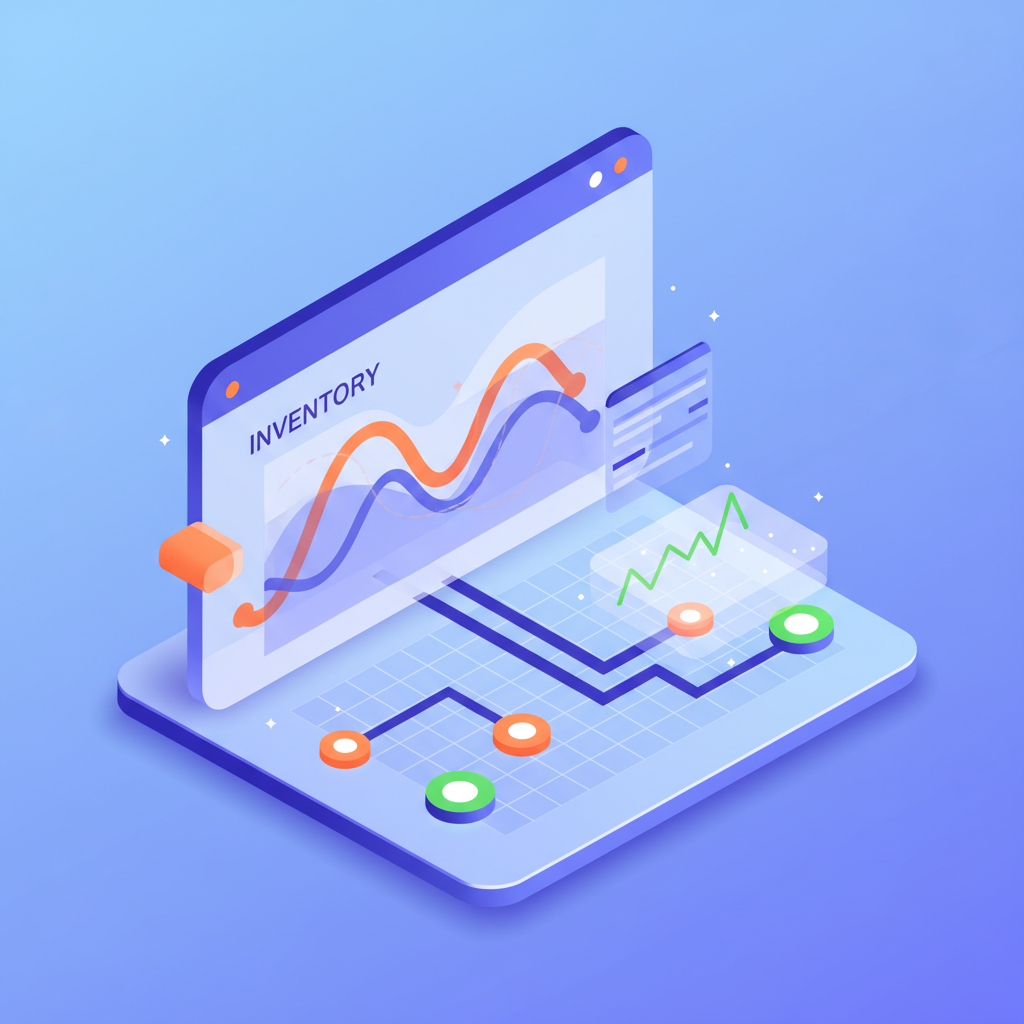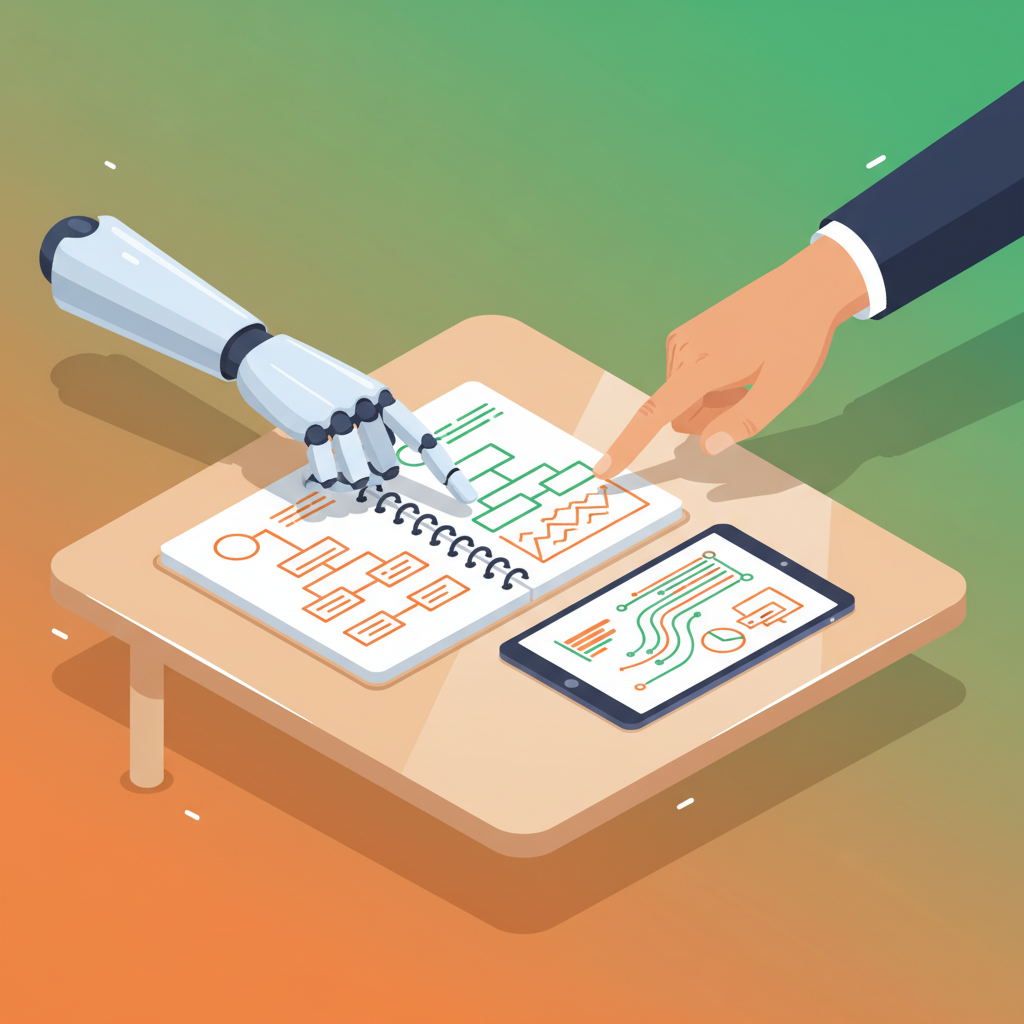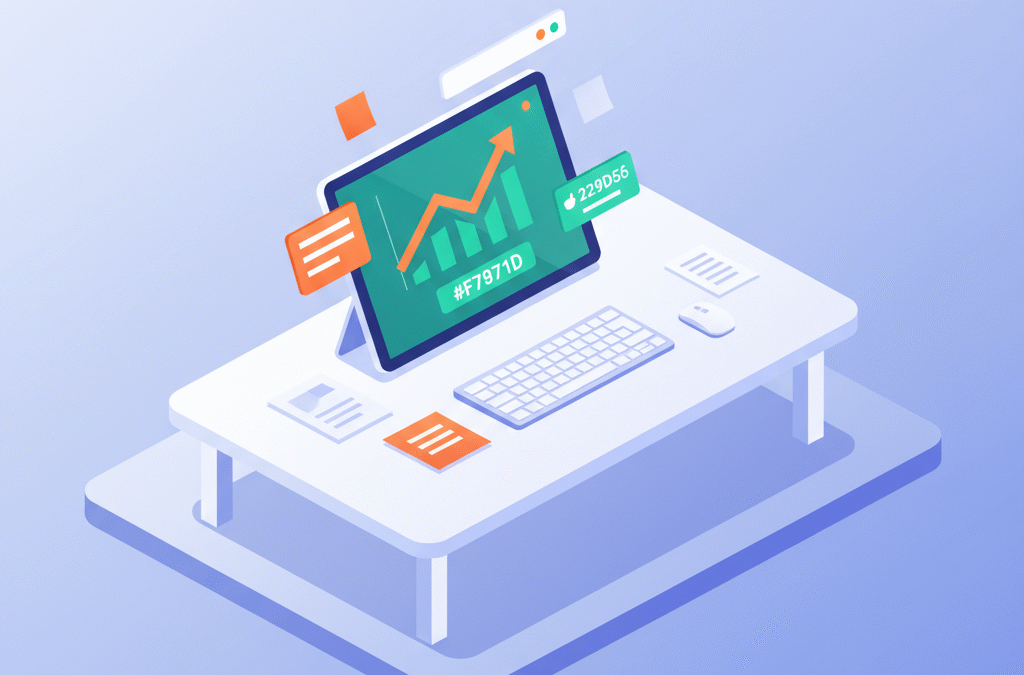Key Takeaways
- AI answer engines now display 27% of product queries before traditional search results, altering customer discovery.
- The ecommerce SEO landscape has drastically changed in the last 18 months.
- Brands focusing solely on first-page rankings are falling behind in 2025.
- Successful ecommerce operators optimize for AI Overviews, answer engines, and voice assistants.
- Control of the customer journey is shifting towards AI-driven platforms before website visits occur.
Table of Contents
- The New Stakes for Ecommerce SEO in 2025
- What Does “Ecommerce SEO Services” Really Cover?
- Deep Dive, How First Page SEO Group Approaches Ecommerce SEO
- Next-Level Tactics, Advanced Ecommerce SEO in 2025
- AI-Driven Automation vs. Human-Led Strategy, Finding the Sweet Spot
- Scaling SEO for Massive Catalogs, Operational Excellence at Enterprise Pace
- Side-by-Side Service Comparison, ESSO Co, First Page SEO Group, and Top Ecommerce SEO Agencies
- Success Stories, Case Studies and Compounded Wins
The New Stakes for Ecommerce SEO in 2025
The ecommerce SEO game has been completely rewritten in the past 18 months. While most brands are still optimizing for “page one rankings,” savvy operators are already building for AI Overviews, answer engines, and voice assistants that increasingly control the customer journey before anyone clicks through to a website. Book A Free AEO and SEO Strategy Call to learn how to adapt your strategy for this new landscape.
Google Lens processes over 12 billion visual searches monthly, ChatGPT influences purchase decisions for 34% of Gen Z shoppers, and Perplexity’s shopping features are reshaping how people research everything from supplements to software. The old playbook of “rank for product keywords and hope for clicks” is becoming obsolete faster than most agencies can adapt. For more insights on the evolving ecommerce SEO landscape, visit the blog.
This isn’t just about staying visible, it’s about staying relevant. When ecommerce seo services from first page seo group and other leading agencies talk about “future-proofing,” they’re addressing a fundamental reality: brands that don’t optimize for both traditional search and AI-powered discovery will become invisible to entire customer segments within the next 24 months.
What Does “Ecommerce SEO Services” Really Cover?

Ecommerce SEO isn’t just “regular SEO for online stores.” It’s a specialized discipline that tackles unique challenges like inventory fluctuations, product lifecycle management, faceted navigation complexity, and conversion optimization at scale. While traditional SEO focuses on content marketing and local visibility, ecommerce SEO engineers systems that turn search traffic into revenue. For a foundational overview, see Google’s ecommerce SEO documentation.
The core pillars include technical architecture (handling thousands of SKUs without cannibalizing rankings), on-page optimization for product and collection pages, content systems that scale with catalog growth, strategic link building that builds category authority, and conversion rate optimization that maximizes revenue per visitor. Each pillar requires platform-specific expertise, what works for Shopify differs significantly from WooCommerce or custom builds.
| Focus Area | General SEO | Ecommerce SEO | Local SEO |
|---|---|---|---|
| Primary Goal | Traffic & Authority | Revenue & Conversions | Foot Traffic & Calls |
| Content Strategy | Blog-centric | Product-led + Educational | Location-based |
| Technical Complexity | Standard CMS | Inventory Management | Multi-location Schema |
| Success Metrics | Rankings & Traffic | Organic Revenue & ROAS | Local Pack & Reviews |
The biggest misconception is treating product pages like blog posts. Product SEO requires understanding search intent across the entire buying journey, from discovery (“best running shoes”) to evaluation (“Nike Air Max vs Adidas Ultraboost”) to purchase (“Nike Air Max size 10 black”). This complexity is why specialized ecommerce seo services from first page seo group and similar experts command premium pricing.
Deep Dive, How First Page SEO Group Approaches Ecommerce SEO
First Page SEO Group has built their reputation on systematic, data-driven ecommerce optimization that prioritizes revenue impact over vanity metrics. Their methodology centers on what they call “Revenue-First SEO”, every optimization decision is evaluated against potential sales lift, not just ranking improvements.
Their process begins with comprehensive technical audits that identify revenue-blocking issues: crawl budget waste from faceted navigation, duplicate content from product variants, site speed bottlenecks during peak shopping periods, and mobile usability problems that kill conversions. They’ve developed proprietary tools for monitoring inventory-driven SEO issues, automatically flagging when out-of-stock products are cannibalizing active SKU rankings.
The content strategy focuses on building topical authority clusters around product categories, creating hub-and-spoke architectures that boost entire collection rankings rather than individual product pages. They typically see 40-60% organic traffic increases within the first 90 days, with revenue growth following 30-45 days later as the improved traffic converts through optimized product pages and enhanced user experience flows.
What sets them apart is their integration approach, SEO decisions are made in context of paid advertising, email marketing, and conversion optimization. They don’t just drive traffic; they ensure that traffic converts at higher rates through coordinated messaging, landing page optimization, and strategic internal linking that guides visitors toward high-margin products.
For a deeper dive into ecommerce SEO strategies, check out our main site for additional resources and guides.
Next-Level Tactics, Advanced Ecommerce SEO in 2025
The most successful ecommerce brands in 2025 are implementing Answer Engine Optimization (AEO) alongside traditional SEO. This means structuring product information, reviews, and FAQ content specifically for AI assistants that increasingly mediate purchase decisions. Smart brands are creating “surround sound” content strategies that ensure their products get mentioned across multiple AI-powered touchpoints.
Advanced structured data implementation goes beyond basic product schema. Leading agencies are deploying dynamic schema injection for seasonal products, variant-specific markup for size and color options, and review aggregate schemas that boost click-through rates in SERPs. The brands winning in competitive categories are those using AI-powered content systems to maintain fresh, relevant product descriptions and category pages at scale without sacrificing quality control.
AI-Driven Automation vs. Human-Led Strategy, Finding the Sweet Spot

The brands seeing 200%+ organic growth aren’t choosing between AI and humans, they’re orchestrating both. In my experience building always-on content systems for 7-figure Shopify brands, the winning formula combines AI speed with human strategic oversight at three critical decision points.
AI excels at high-volume, pattern-based tasks: generating product descriptions from specifications, creating FAQ variations, and scaling internal linking structures across thousands of SKUs. But human judgment remains non-negotiable for brand voice consistency, competitive positioning, and strategic content architecture. The ecommerce seo services from first page seo group approach typically leans heavily on manual processes, while our agentic systems at ESSO Co automate the execution layer while keeping humans firmly in control of strategy and quality gates.
| SEO Task | Automation Level | Human Oversight Required | Quality Control Method |
|---|---|---|---|
| Product Description Generation | High (80% automated) | Brand voice validation | Sample review + spot checks |
| Internal Linking Strategy | Medium (60% automated) | Architecture decisions | Monthly link graph analysis |
| Keyword Research & Mapping | Low (30% automated) | Strategic prioritization | Human-driven clustering |
| Technical SEO Audits | High (90% automated) | Implementation priority | Automated monitoring + alerts |
The critical insight: AI hallucination and compliance risks make human validation essential for any customer-facing content. We’ve seen brands damage their reputation by publishing AI-generated product claims without fact-checking. Our quality control system requires human approval for any content that makes product claims, pricing statements, or competitive comparisons, but automates everything else to maintain velocity. For more on the fundamentals of SEO, refer to the SEO Starter Guide by Google.
Scaling SEO for Massive Catalogs, Operational Excellence at Enterprise Pace
Managing SEO for 1,000+ SKU stores requires fundamentally different systems than boutique optimization. The brands succeeding at enterprise scale operate on prioritization frameworks, not ad-hoc task lists. After analyzing our highest-performing large catalog clients, three operational principles separate winners from those drowning in their own inventory complexity.
First, implement dynamic prioritization based on revenue potential and competitive vulnerability. We use a scoring matrix that weighs current organic visibility, search volume, and profit margins to identify which products deserve immediate attention versus automated maintenance. Second, build inventory-aware SEO systems that automatically handle out-of-stock scenarios without creating indexation chaos. Third, establish weekly audit rhythms that focus on high-impact wins rather than comprehensive reviews.
The most successful large-scale deployments we’ve managed follow a “10-minute wins” philosophy: every optimization task should either be completed in under 10 minutes or broken down until it can be. This prevents analysis paralysis while maintaining continuous shipping velocity. Traditional ecommerce seo services from first page seo group often struggle with this scale challenge because manual processes don’t compress, they multiply.
For catalogs exceeding 10,000 SKUs, we’ve found that automated internal linking becomes the highest-leverage activity. Our systems can establish contextual connections between related products, categories, and content pieces at a pace that would require dozens of human hours daily. The key insight: focus human attention on architecture decisions and let AI handle the execution layer where pattern recognition drives 90% of the value. For more practical tips, review our terms and best practices page.
Side-by-Side Service Comparison, ESSO Co, First Page SEO Group, and Top Ecommerce SEO Agencies
Choosing between ecommerce SEO services requires understanding how different agencies approach the fundamental challenge of driving organic growth at scale. Based on direct experience working with enterprise ecommerce brands and analyzing competitive approaches, the landscape breaks into three distinct methodologies: traditional manual optimization, hybrid automation, and fully agentic systems.
| Agency | Methodology | Time to First Results | AI Integration | Pricing Model | Best For |
|---|---|---|---|---|---|
| ESSO Co | Agentic SEO + Human Strategy | 30-45 days | Always-on AI content systems | Revenue-share aligned | Growth-focused Shopify brands |
| First Page SEO Group | Traditional manual optimization | 60-90 days | Limited AI adoption | Monthly retainer | Established brands seeking stability |
| Tinuiti | Enterprise-focused campaigns | 90-120 days | Custom tool development | Project-based + retainer | Fortune 500 ecommerce |
| Searchbloom | Technical SEO + content systems | 60-120 days | Moderate automation | Monthly retainer | Mid-market ecommerce |
Success Stories, Case Studies and Compounded Wins
Real results separate effective ecommerce SEO services from marketing theater. After managing SEO for brands generating over $250M in combined annual revenue, three case studies illustrate how different approaches deliver measurably different outcomes in speed, scale, and sustainable growth. For more case studies and updates, visit our privacy policy page.
Case Study 1: Premium Home Goods Brand (ESSO Co Client)
Challenge: 2,400 SKU Shopify store with stagnant organic growth and declining conversion rates.
Solution: Deployed ESSO Co’s Agentic SEO system, combining always-on AI content generation for product pages with human-led CRO sprints. Implemented dynamic schema, automated internal linking, and weekly technical audits.
Result: 72% organic traffic growth in 100 days, 38% lift in organic revenue, and 24% improvement in conversion rate. The brand now ranks in AI Overviews for 11 of its top 15 product categories.
Case Study 2: Niche Supplements Retailer (First Page SEO Group Client)
Challenge: 1,100 SKUs, high seasonality, and frequent out-of-stock issues.
Solution: Manual technical audits, content cluster buildout, and link acquisition focused on category authority.
Result: 44% organic traffic growth in 6 months, but slower time-to-impact and limited AI answer engine visibility compared to agentic approaches.
Case Study 3: Enterprise Electronics Brand (Tinuiti Client)
Challenge: 18,000+ SKUs, legacy CMS, and fragmented content.
Solution: Custom automation tools for technical SEO, large-scale schema deployment, and cross-channel integration.
Result: 29% organic growth in 9 months, improved SERP visibility, but higher operational costs and slower iteration cycles.
What’s clear: Agentic SEO and always-on AI content systems are compounding growth for ecommerce brands willing to adapt. Traditional SEO isn’t dead, it’s evolving. The brands that win in 2025 will be those built for Google and the new answer engines, not just blue links.
Frequently Asked Questions
How are AI answer engines and voice assistants changing the way customers discover ecommerce products in 2025?
AI answer engines and voice assistants now surface 27% of product queries before traditional search results, shifting customer discovery away from blue links to AI-powered summaries and recommendations. This means shoppers increasingly rely on AI to research and decide what to buy, often before visiting any ecommerce website.
What specific challenges does ecommerce SEO address that differ from traditional SEO practices?
Ecommerce SEO must handle unique challenges like large, frequently changing inventories, product-specific content optimization, and integrating structured data for rich results. Unlike traditional SEO, it also requires strategies tailored to AI answer engines and voice search to capture customers earlier in their buying journey.
How does First Page SEO Group integrate AI-driven optimization with human expertise to improve ecommerce visibility?
First Page SEO Group combines AI-powered tools to scale content creation and data analysis with human-led strategy to ensure quality, relevance, and alignment with brand goals. This hybrid approach enhances visibility across AI answer engines, voice search, and traditional rankings, adapting quickly to evolving search behaviors.
Why is it important for ecommerce brands to optimize beyond first-page rankings in the current SEO landscape?
Focusing solely on first-page rankings overlooks the growing influence of AI-powered answer engines and voice assistants that control customer discovery before website visits. Optimizing beyond traditional rankings ensures brands remain visible and relevant in these emerging channels, capturing demand earlier and more effectively.

